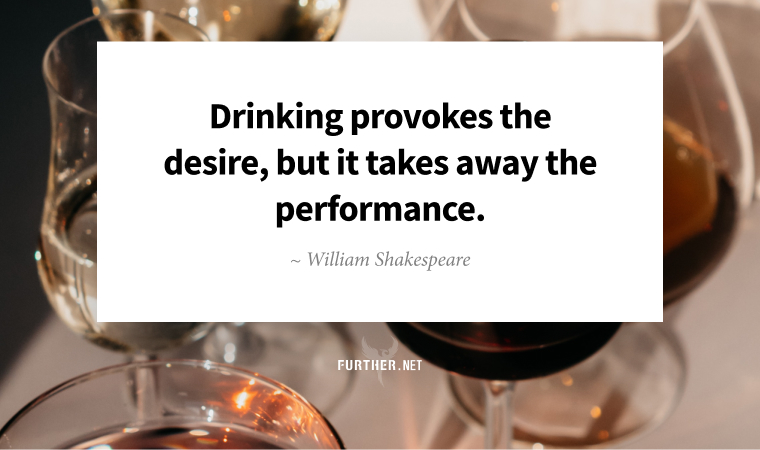
Truth: Drinking any amount of alcohol is bad for you.
If you’re like me, you’ve spent some time trying to refute that fact. And sure, you might find something the Mayo Clinic says about moderate amounts of red wine being heart-healthy. Or take comfort in following the CDC’s guidance of “one drink a day for women, two for men” to reduce alcohol-related risks.
But towing that moderation line is difficult, particularly in the face of a pandemic-fueled rise in alcohol abuse. Guessing this is why the hard seltzer category is reportedly worth $4.5 billion — no other possible explanation.
Problem drinking is an issue for around a third of our age group. So, for those of us interested in longevity and healthspan, it’s high time to stop getting hammered.
Drunk History
In researching this article, I hoped to find something to validate my habit of a few drinks a week. What I found mostly validated our desire to get drunk.
There’s historical evidence that supports the idea that drinking has helped society evolve.
In fact, archaeologists have begun to suggest that alcohol wasn’t merely a by-product of the invention of agriculture, but actually a motivation for it. The first farmers were driven by a desire for beer, not bread. We could not have civilization without intoxication.
Other perceived pluses of moderate drinking include stress relief, enhanced creative problem-solving, less lying, and increased sociability. Still, alcohol is a loaded solution for psychological and social challenges.
Frankly, the costs outweigh the benefits.
A Shot of Reality
Copious studies show that excessive alcohol consumption can have devastating health consequences, from cancer, to liver and pancreas disease, diabetes, cardiovascular disease, injuries, and dementia.
And while alcoholism affects more than 17 million Americans, millions more meet the criteria for an alcohol use disorder (AUD). Meanwhile, research shows very few are encouraged by doctors to cut back on booze, and even less are prescribed treatments.
Part of this has to do with an ongoing stigma about substance use disorders by both the medical establishment and patients alike. Doctors tend to refer patients to rehab, mental health centers, or programs like AA. And patients think quitting drinking is the only option, which isn’t necessary for people with milder forms of AUD.
As researcher Dr. Katie Witkiewitz points out:
We find robust improvements in health and functioning when people reduce their drinking, even if they’re not reducing to abstinence.
If you’re questioning your alcohol intake, try tracking your drinks and setting goals to lower the amount you imbibe. And if willpower alone is tricky and you need support balancing your beverages, a therapist or medication may help.
Point is, it may not be necessary to go cold turkey. Just moderate your moderation, and you’ll catch the ultimate buzz: a healthier, happier you.
Why Do We Like to Get Drunk? (Medium)
Alcohol Abuse Is on the Rise, but Doctors Too Often Fail to Treat It (New York Times)
